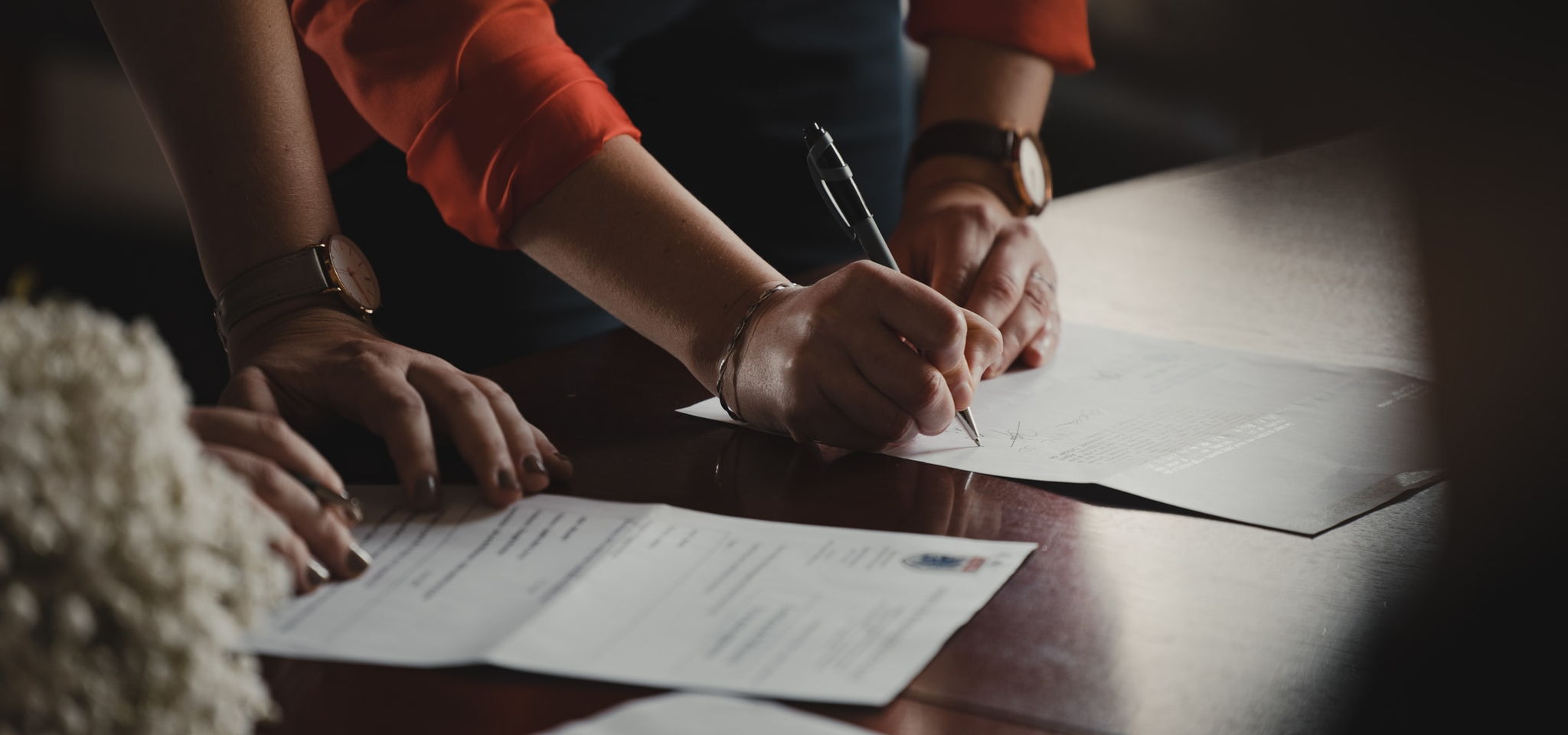Property purchase process in Thailand

Thailand’s marker is very dynamic and popular with foreign buyers, so the process of real estate purchase is pretty streamlined. Let’s consider the purchase in a new project (a purchase directly from developer, off-plan or completed) and resale.
New
Since the developers sell multiple unit and as such normally have dedicated sales and aftersales team, this is the simpler one.
- Once you have chosen the unit you want to buy, you sign a reservation form and pay a reservation deposit (also known as booking deposit or booking fee).
- Reservation form is a simple document stating your intention to buy, your name and basic info (contacts, passport number, address), unit number and price, and any promotions and special conditions
- Reservation deposit is a fee that is paid to reserve the unit. The unit is then taken off sale, and its price is locked for you. Reservation deposit can be a fixed amount (this is normally the case for budget or mid-range condos), or can be a percentage of a price. Once the reservation fee is paid developer starts preparing the sales and purchase contract (or lease contract depending on the ownership structure) Reservation fee counts towards the purchase price (it’s normally considered the part of the contract payment).
👉 Example:
Unit price is 10,000,00 THB
Reservation fee is 5% (500,000 THB).
Contract payment is 30% of the unit price = 3,000,000 THB.
After buyer pays the 500k THB reservation fee, it is counted towards the contract payment, so after the handover the buyer is invoiced on the remaining 2,500,000 THB.In this case the booking deposit is a constituent part of the contract payment. Sometimes it's, instead, offset against the final baloon payment.
- Within 1-2 weeks after the deposit is paid the developer prepares the contract and sends it back to you. Then, upon reviewing the contract and making sure everything is in order, parties sign it.
- After signing the contract - usually not later than 30 days - the initial contract payment is paid. The payment size can vary depending on a project, but normally it’s within 20-35% range. Note that for freehold condos purchase by foreign buyers, funds for the first and every subsequent payment must be remitted from abroad, in foreign currency and with purpose of remittance stated as purchase of condominium unit; foreign exchange transaction form must be issued for every tranche (normally developer will handle this part).
- The payment of the remaining amount depends on the completion status of the property
- For completed properties the rest of the purchase price must be paid within another 30-60 days.
- For off-plan properties, developers usually provide payment plan for the duration of construction. This means that the purchase price will be paid in several payments, normally tied to the construction milestones (i.e. completion of foundation, completion up to the roof, finishing etc).
- When the project has approached completion the developer will issue the notification, inviting you to inspect the property. Normally it’s send at least a month in advance, shortly followed by the invoice for the final payment. If the property is completed, the inspection can happen right away.
- You inspect the property, if there are any defects, they are listed in inspection letter and have to be amended within several weeks. After you are satisfied with the condition of your unit, you sign off the inspection form.
- Once the buyer has accepted the inspection and paid the final payment, the unit is handed over to the buyer. Depending on the ownership structure either a title deed is transferred to you (or company name), or the lease for the property is registered under your name. Either way is done in local Land Department. Normally the developer will give you an option to give power of attorney for accepting the handover to their staff, to spare you the trip to the Land Department.
- On handover taxes and transfer fees are paid. You can learn more about property taxes in Thailand in the respective article, but normally it will be 1-2% for freehold properties and 1.1% for leasehold.
- You enjoy your new property in the sunny Kingdom of Thailand (this step is mandatory).
👉 Note that all of the steps above can be done remotely. Funds, including the deposit, are wired. Contract can be send via email for initial review and via post for signing. Handover is trickier, as buyer’s presence is required for inspection, however it can be delegated with a power of attorney. However, normally we recommend the client to be present at final inspection and handover.
Resale
The steps for resale are largely the same (however, since it’s a matter of contract between 2 parties, there is more room for negotiation), however there are several important things to note:
- In case if you are buying a resale condo, you will need to apply for FET forms (in case of new condo purchase, developer will normally do it). In practice it’s a simple process, you just need to contact the receiving bank and request the form (remember to pay in foreign currency and specify the purpose of the payment).
- Thai laws don’t specify which party (buyer or seller) needs to pay the taxes associated with the sale. In most cases they are split 50/50, however this is something that you should always check with the seller in order to avoid any misunderstandings.
- When you buy a new property, the developer will normally have a standard sales and purchase agreement ready. In case of a resale, you can get a template from your agent or from your lawyer.